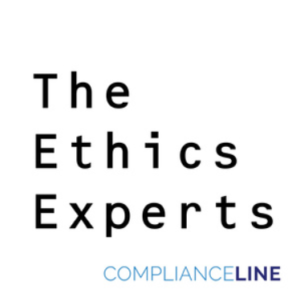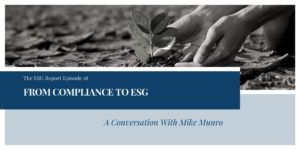
Cybersecurity Training, Talent and Diversity
In this episode, Founder and CEO at CyberVista, Simone Petrella and CSS’s Director of Cyber IT Services, E.J. Yerzak discuss the importance of cybersecurity training, education, how to recruit talent and diversity in cyber and why compliance and cybersecurity are synonymous.
About Our Guest Speakers:

E.J. Yerzak CISA®, CISM®, CRISC™ assists firms in assessing and managing their cybersecurity risk – from network vulnerability scanning and penetration testing to onsite cybersecurity assessments and assistance in implementing the NIST cybersecurity framework. E.J. has authored articles and alerts on emerging regulatory and technology issues, and is regularly requested to speak as a cybersecurity expert at industry conferences.








